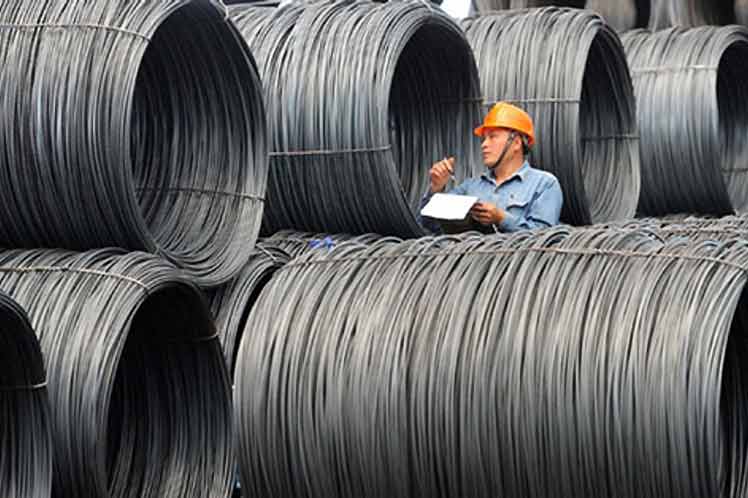The specialist offered an interview to the Kommersant newspaper, and in his opinion, the damage will be limited because the main trade in these metals will move to the Shanghai Stock Exchange, as China is the largest consumer of nickel, copper, and aluminum from Russia, and over 50 percent of all Russian imports of these metals are traded on the Shanghai Futures Exchange, Judalov said.
In December 2023, the United Kingdom had already banned imports of these metals, after the United States had imposed tariffs on Russian aluminum, nickel and copper in the spring of 2023. Judalov considered that London ceded market primacy to Shanghai with that step, so most of the world’s copper trade volume is already there, and now aluminum and nickel will end up there as well.
The specialist also pointed out that the sanctions will have a positive effect on metal prices, which have already risen between seven and nine percent. “It is normal for such growth to be corrected, but even so, metals will increase in price,” he said.
Last Friday, the Treasury Department’s Office of Foreign Assets Control announced that the United States prohibits imports of aluminum, copper, and nickel of Russian origin, except for those produced before April 13th. The measure was taken in coordination with the United Kingdom and is part of the sanctions that the West has been applying against Russia since it launched its special military operation in Ukraine.
On Monday, the spokesman for the Russian Presidency, Dmitri Peskov, described the veto on Russian metals as a double-edged sword that will cause the detriment of those who impose it. According to Peskov, the measure has already destabilized prices in the markets.
jrr/llp/lam/gfa









